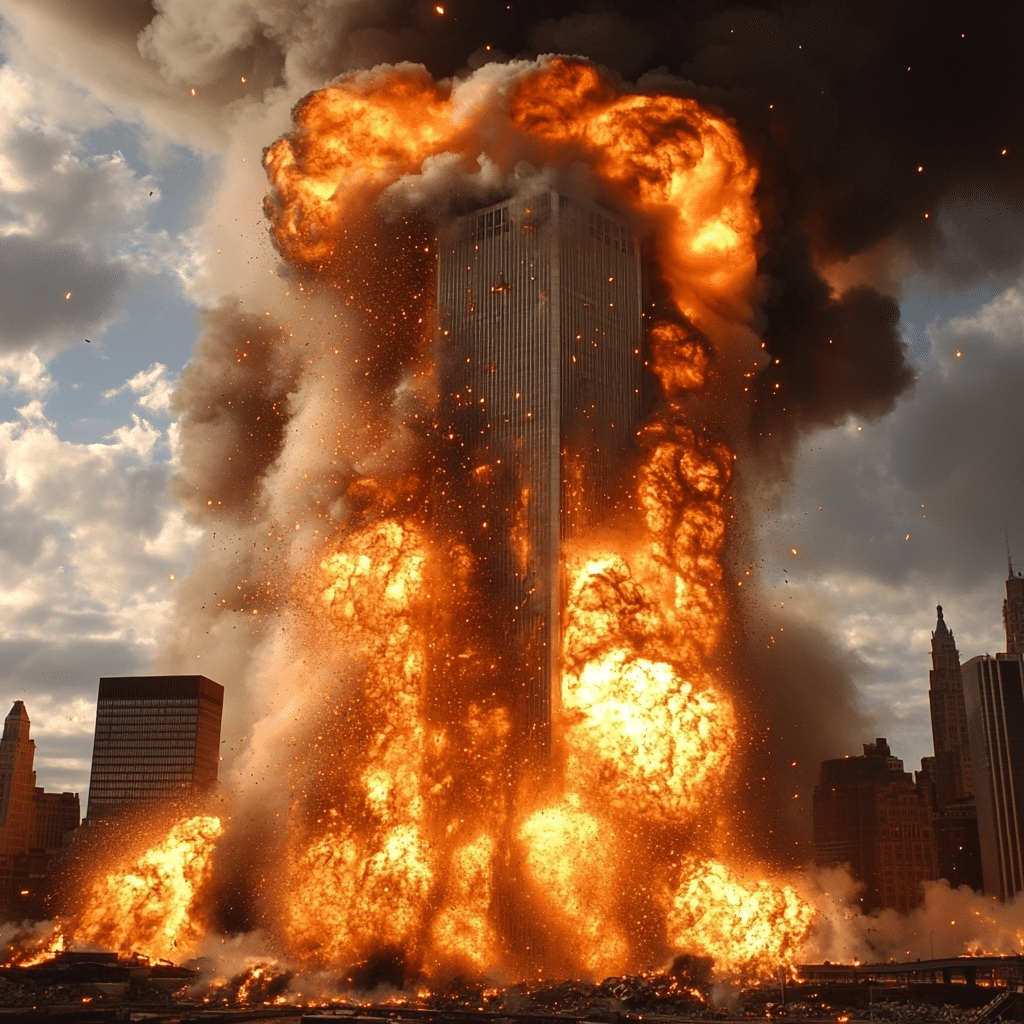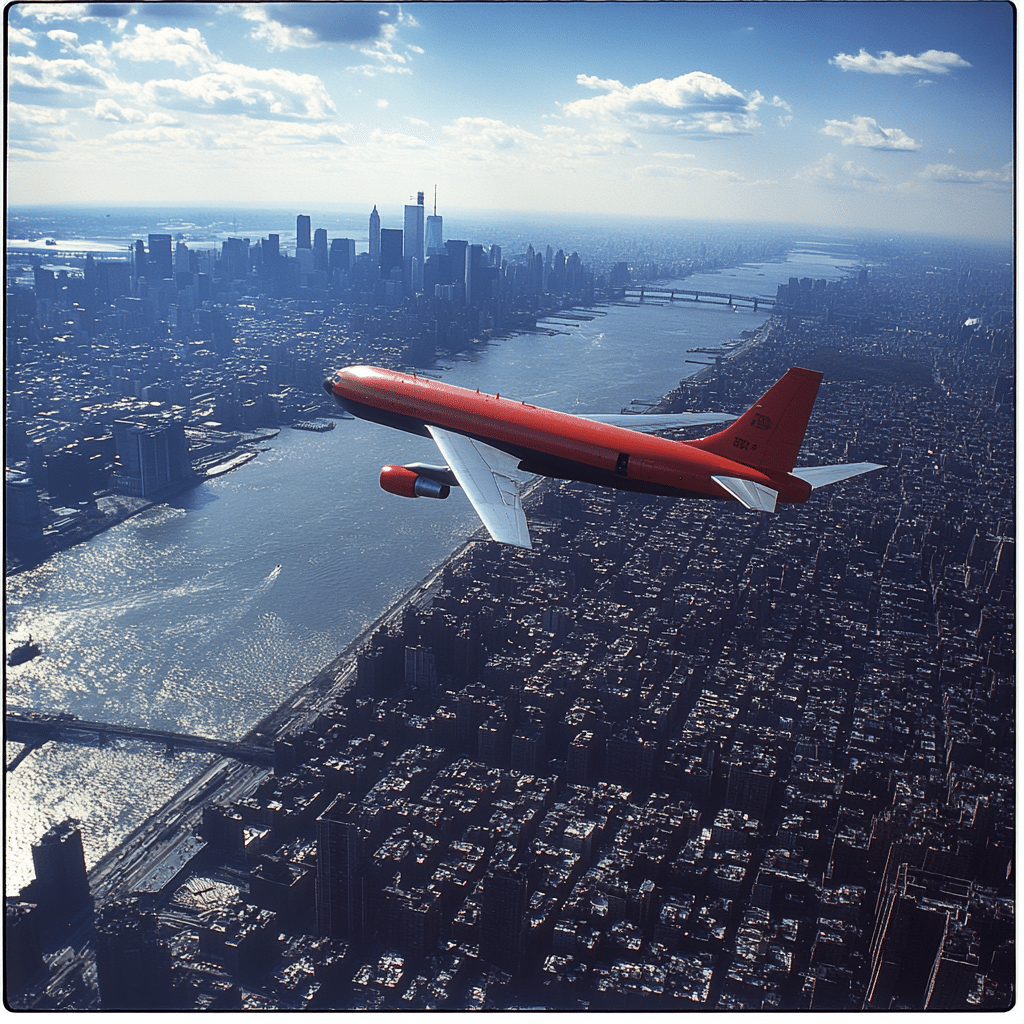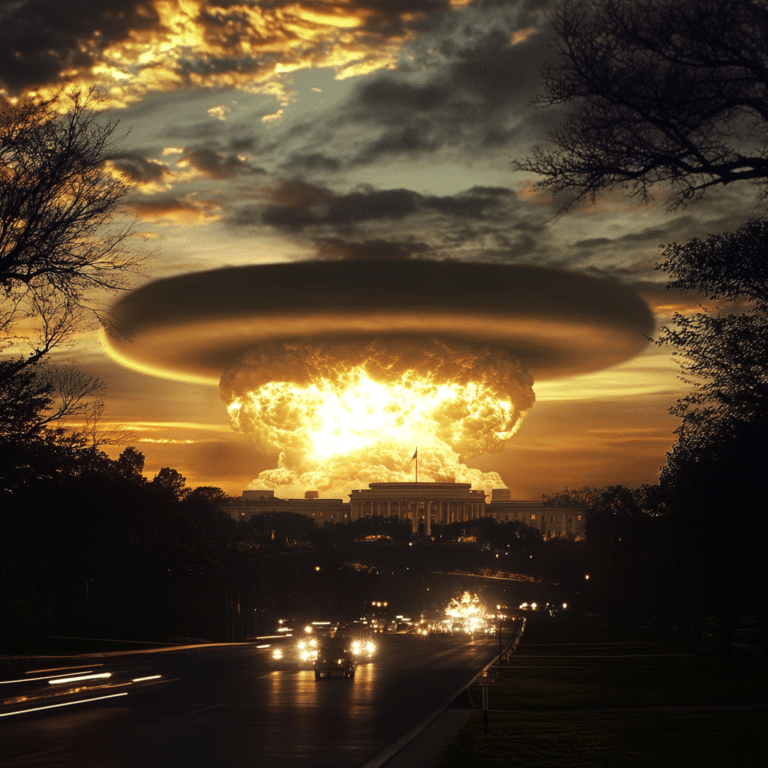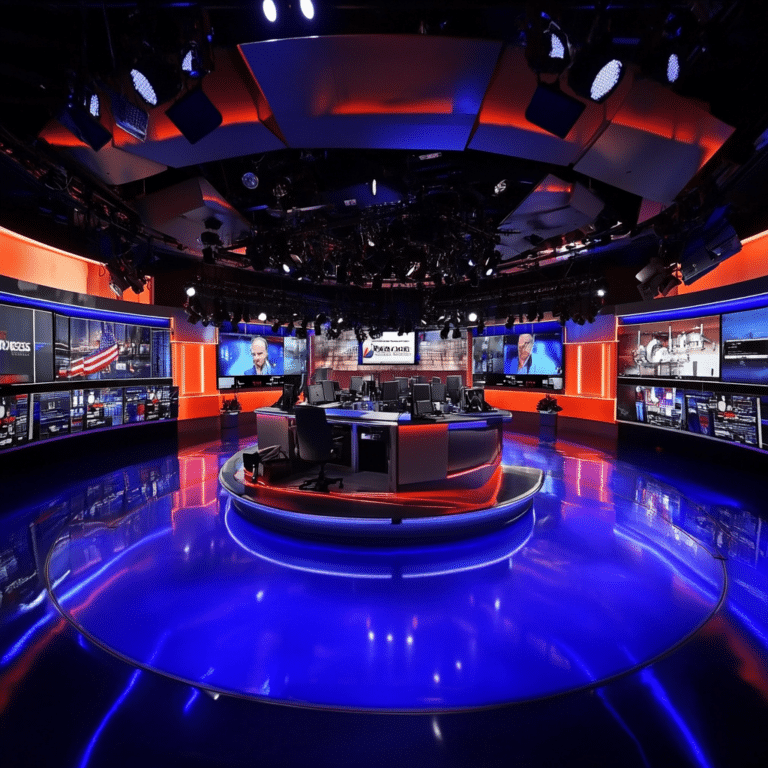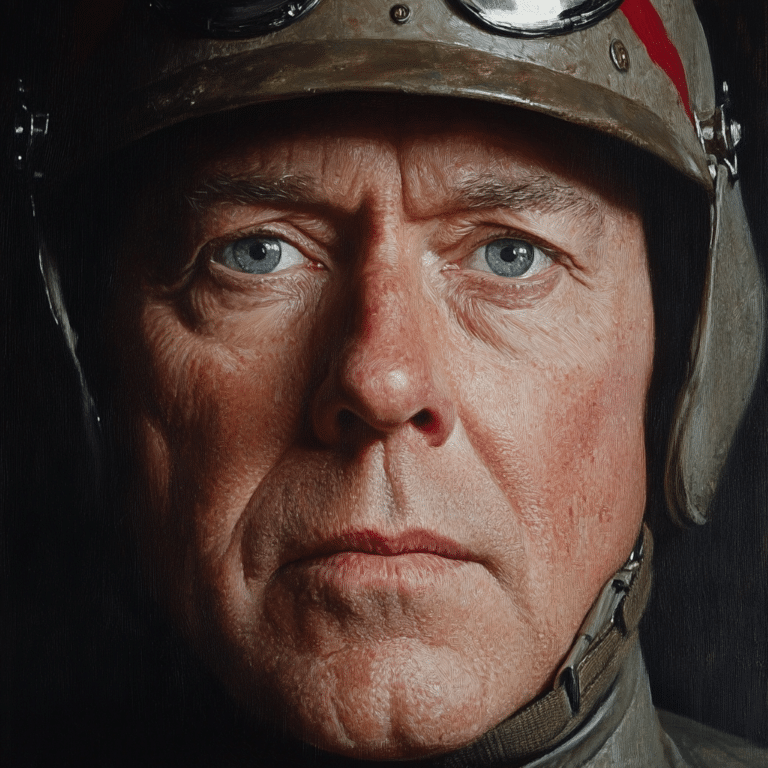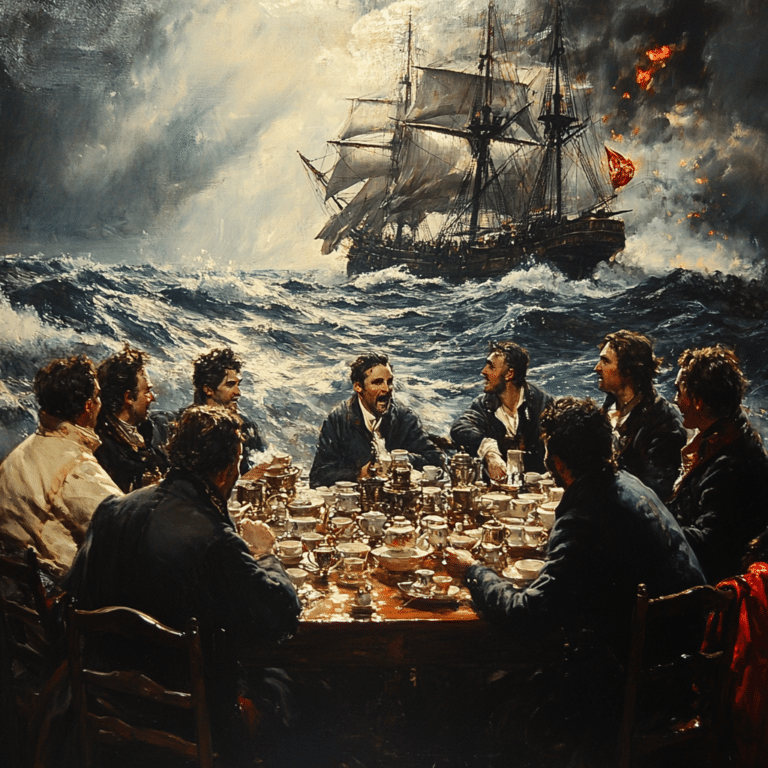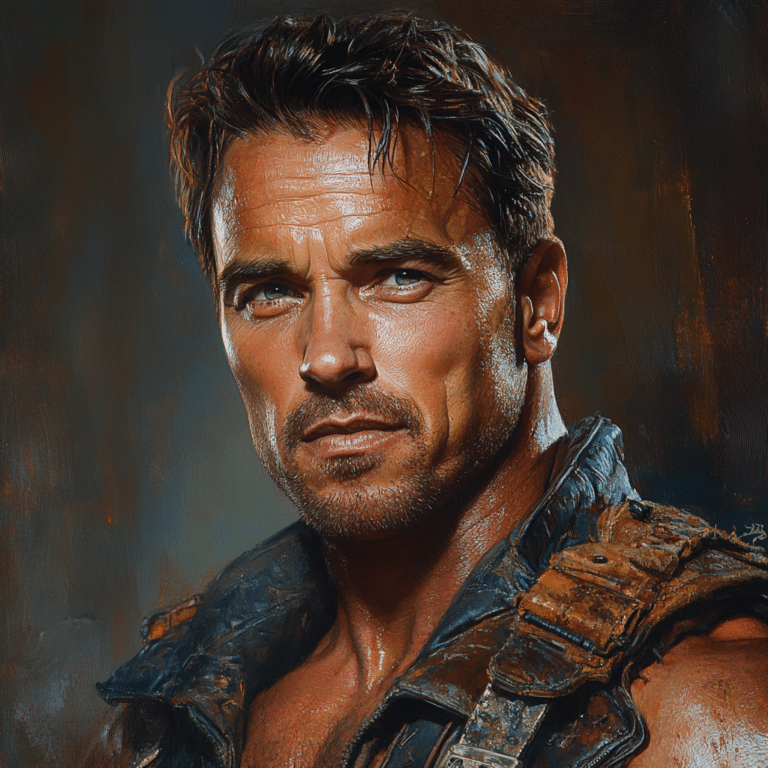The 9/11 timeline includes one of the most tragic events to ever unfold on American soil. Each moment of that fateful day contributed to an irreversible change in our nation’s trajectory. By diving deep into these key events, we can truly understand how the 9/11 attacks have reshaped America, not just in terms of security protocols, but also in our social identity and economic stability. We must confront the facts head-on, analyze what went wrong, and recommit ourselves to ensuring that America remains strong, united, and secure.
Key Events in the 9/11 Timeline That Reshaped America
1. The Early Morning Attacks on September 11, 2001
At 8:46 AM, horror struck as American Airlines Flight 11 crashed into the North Tower of the World Trade Center. Just 17 minutes later, at 9:03 AM, United Airlines Flight 175 slammed into the South Tower. The implications were staggering. Not only did these attacks usher in immediate chaos, but they also initiated a monumental shift in America’s security landscape. We learned—sometimes the hard way—that our vulnerability had been underestimated. The world witnessed firsthand how quickly everything could change.
2. The Pentagon Attack: A Shift in National Security
At 9:37 AM, tragedy struck again as American Airlines Flight 77 crashed into the Pentagon. This wasn’t just an attack on a building; it was a hit on the very heart of our military command. The obvious vulnerability of critical national infrastructure sent shockwaves across Washington, D.C. It was a wake-up call that prompted a hard look at the way we approach national defense. In the wake of this horrific day, military and governmental strategies were re-evaluated, leading to increased defense budgets and a focus on counter-terrorism exercises.
3. Flight 93 and the Heroism of Ordinary Citizens
The harrowing account of United Airlines Flight 93 adds depth to our understanding of the day. Hijacked at 9:28 AM, it was the courageous actions of passengers standing up against their captors that prevented another tragedy. They channeled bravery that has been echoed in films capturing that fateful flight, such as the gripping United 93. The release of this 9/11 movie symbolizes how ordinary individuals can act heroically under pressure, and it showcases a sense of solidarity that resonates strongly with our nation’s conservativism.
4. Total Collapse of the Towers
By 9:59 AM, the South Tower came crashing down, followed by the North Tower at 10:28 AM. The sight of those towers collapsing didn’t just signify the loss of buildings; it began a long national mourning period. We found ourselves grappling with loss, questioning our safety, and demanding answers. This monumental failure to secure our infrastructure ignited urgent discussions about architectural safety and emergency response protocols, resulting in significant policy shifts that aimed to prevent future devastation.
5. Immediate Aftermath and Emergency Response
In the immediate aftermath, the brave first responders rushed into Ground Zero amidst swirling smoke and debris. Their valiant efforts not only showcased the true heart of American courage but also revealed stark inadequacies in crisis management. The timeline of rescue operations highlighted both heroism and the need for sweeping reforms in city planning and emergency response protocols. These men and women became the embodiment of the spirit that would carry us forward post-9/11, even as we reevaluated how to better safeguard our cities.
6. Establishment of the Department of Homeland Security
The attacks highlighted significant gaps in our national security that could no longer be ignored. This led to the birth of the Department of Homeland Security in 2003. The formation marked an essential transition from reactive measures to proactive ones in combating threats against our country. It’s a significant change that continues to influence our approach to national safety, including measures to counteract evolving threats both foreign and domestic.
7. Legislative Changes: The Patriot Act
By October 2001, the passing of the USA PATRIOT Act illustrated how fear can drive governmental action. This legislation broadened law enforcement’s surveillance powers—something that sparked an ironclad debate about civil liberties. Conservatives in particular scrutinized the balance between security and individual Rights. The ongoing discussion underscores the importance of ensuring that our freedoms aren’t sacrificed in pursuit of safety while acknowledging the absolute necessity for vigilance in the face of terrorism.
8. Long-term Global Impact and the War on Terror
As the U.S. surged into Afghanistan to dismantle al-Qaeda and oust the Taliban, the whole world watched. The war on terror became integral to American foreign policy, affecting our military engagements across the globe. Many conservatives pointed to this initiative as a crucial step in safeguarding Americans, highlighting how 9/11 galvanized not only our military but also our reputation on the international stage. Our resolve to stand up against evil became a major component of American identity moving forward.
9. Cultural Reflections: The 9/11 Movie Phenomenon
The emotional weight of the 9/11 attacks has continually permeated American culture. Various films and documentaries, including World Trade Center and Fahrenheit 9/11, serve as tributes to both the victims and the resilience displayed in those trying times. They not only allow us to remember but also encourage ongoing dialogue about the psychological impact of the attacks on American society. The phenomenon of the 9/11 movie illustrates our collective effort to process trauma while nurturing an indomitable spirit of independence.
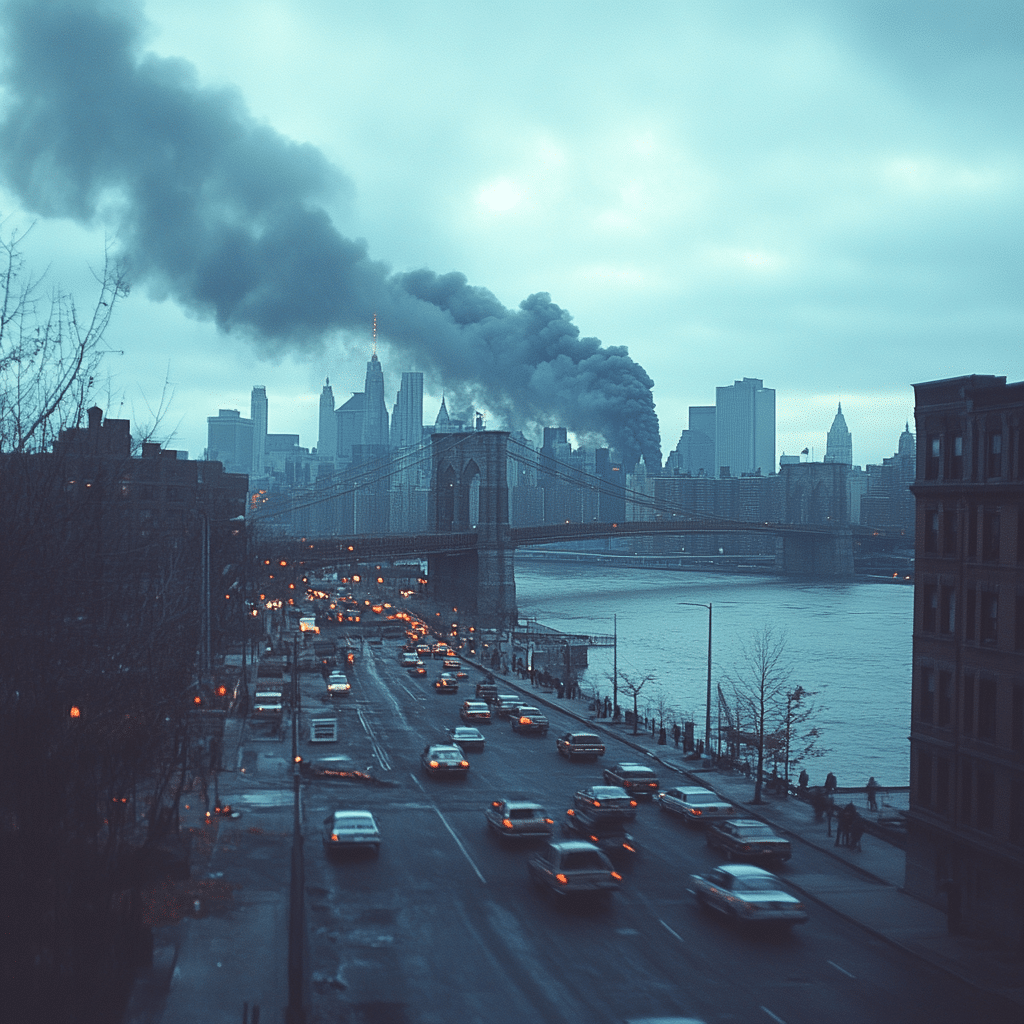
The Economic Repercussions of 9/11: A Post-Event Analysis
The economic fallout from the 9/11 attacks has been staggering and will reverberate through generations. The destruction of the World Trade Center alone resulted in billions of dollars in losses. Additionally, the travel and insurance industries took a hit, forever altering how we approach those sectors. Heightened security costs only added to the burden, showing us the distinct economic vulnerabilities that accompany national tragedy.
How 9/11 Redefined American Identity
That tragic day ignited a passionate wave of patriotism. Flags sprang up everywhere as the nation united in pride and support for our military. But on the flip side, prejudice emerged against Muslim Americans, challenging the very ideals we hold dear: liberty and justice for all. This paradox teaches us valuable lessons about how our national identity is continually shaped by external forces and internal pressures.
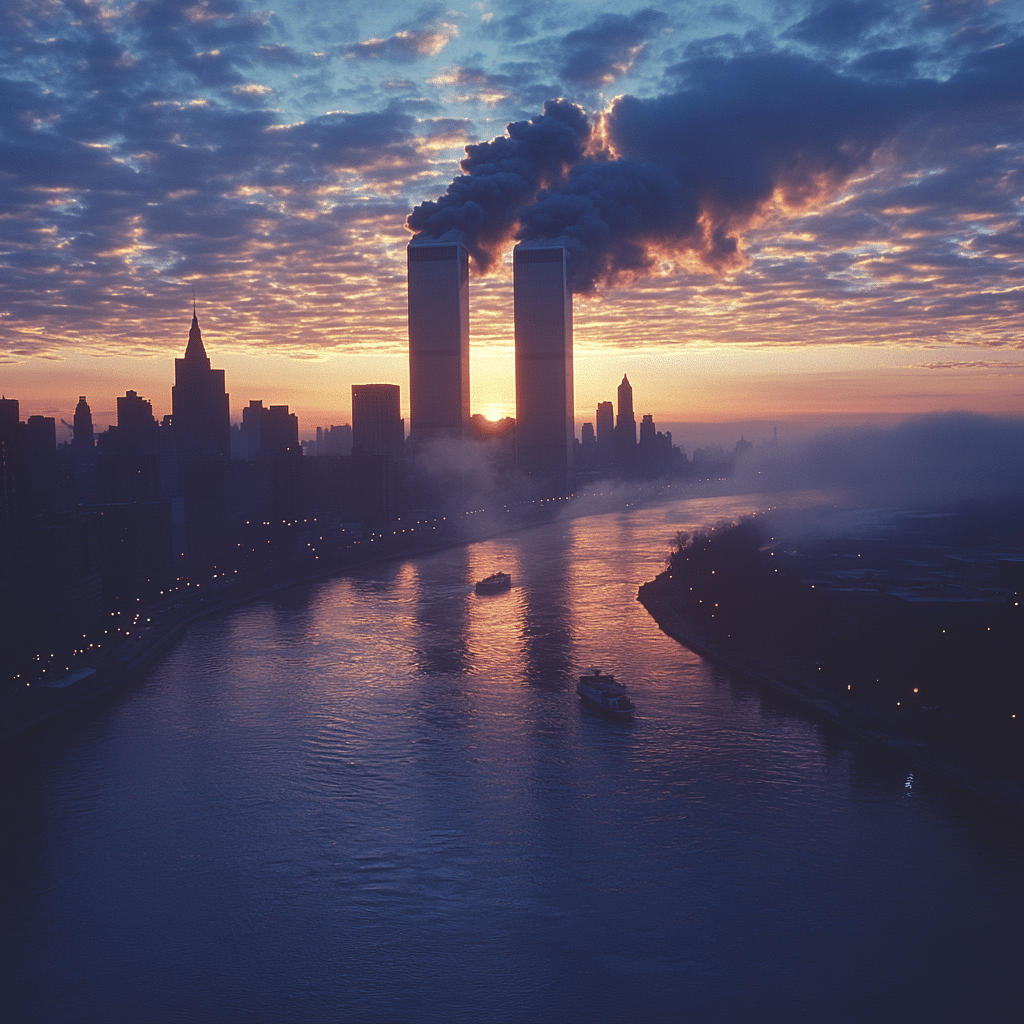
Remembering 9/11: The Importance of Commemoration
In 2024, annual memorial services and moments of silence still strike a resonating chord in our hearts. Institutions like the 9/11 Memorial & Museum play a pivotal role in educating future generations on this critical moment. By remembering, we honor those we lost while ensuring that we continue to champion the values that make our country great.
The 9/11 timeline serves as a stark reminder of resilience—a narrative echoing through the threads of American history. We must reflect critically on this past to build a safer, united future. Now is the time to reaffirm our commitment to our foundational values—freedom, justice, and security—for ourselves and the generations to come.
9 11 Timeline: Engaging Fun Trivia and Interesting Facts
The Day That Changed Everything
The 9 11 timeline is marked by a series of events that forever altered the course of American history. On that fateful day in 2001, nearly 3,000 lives were lost as terrorists executed a coordinated attack on U.S. soil. Did you know that shortly before the first plane hit the North Tower, a small gathering of country music artists was actually in rehearsal for a charity event? These performers, who often unite for good causes, had to quickly come to grips with what was unfolding around them.
Emergency Response and Resilience
As the nation grappled with the aftermath, heroes emerged. Firefighters, police officers, and ordinary citizens came together in an extraordinary display of bravery. While some ran into danger, others were left wondering how they could help. One remarkable story is of a former frat boy who organized a donation drive that raised thousands for first responders. This spirit of resilience was echoed in the days that followed, with people across the country coming together in solidarity.
Cultural Shift in America
In the wake of 9/11, American culture began to shift significantly. Television channels, like KTVU news, changed their coverage to prioritize in-depth reporting and updates on safety. Meanwhile, a newfound interest in community and service blossomed, reminiscent of the hungry man mentality—people were eager to assist those in need. With the rise of security measures, individuals began to reflect on what it meant to live in a post-9/11 world, raising questions that still resonate today.
The aftershocks of such a monumental day ripple through every facet of life, including some unexpected places. For example, while the nation coped, stories of resilience manifested in popular culture. The Jeff Bezos White House era would soon unfold, ultimately shaping discussions on security, privacy, and the role of technology in our lives. It all goes back to a critical moment in our history—a timeline that everyone should be aware of.
